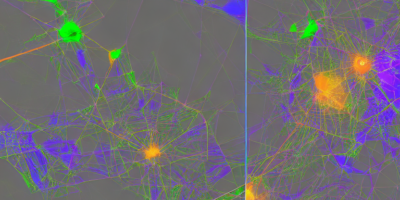In this study, the researcher used publicly accessible human brain datasets that were shared in accordance with ethical guidelines and regulations. Since these datasets are publicly available and de-identified, no additional ethical approval was required for their use in the research. The author has also declared no conflict of interest regarding this study.
The study is focused on the topic of "COMPLIANCE WITH ETHICAL STANDARDS" and provides an overview of the ethical considerations involved in using publicly accessible human brain datasets for research purposes. The author emphasizes that these datasets are shared in accordance with ethical guidelines and regulations, which ensures their safety and privacy.
The author explains that the datasets used in this study are publicly available and de-identified, meaning that personal information has been removed to protect individuals’ privacy. This allows researchers to use these datasets without requiring additional ethical approval.
To further illustrate the concept of "COMPLIANCE WITH ETHICAL STANDARDS," the author provides an analogy comparing the use of publicly accessible brain datasets to a chef sharing a recipe. Just as a chef must follow ethical guidelines when sharing a recipe, researchers must adhere to ethical standards when using publicly available brain datasets.
Overall, the study emphasizes the importance of complying with ethical standards when using publicly accessible human brain datasets for research purposes. By following these guidelines and regulations, researchers can ensure that their work is both ethical and responsible.
Electrical Engineering and Systems Science, Image and Video Processing
Multi-Modal Deep Learning for Brain Tumor Segmentation: A Comprehensive Review



